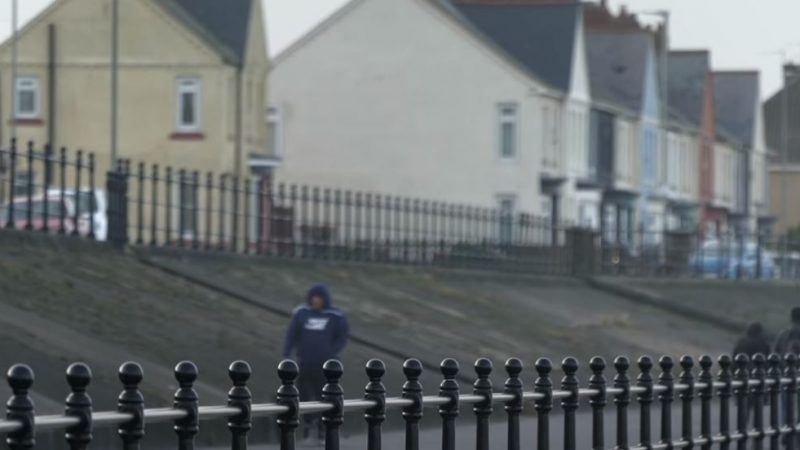Currently, 4.3 million children in the UK live in poverty, with 1 million experiencing destitution.

New research by the Joseph Rowntree Foundation (JRF) shows that without effective intervention, child poverty is set to rise, with 100,000 more children expected to be in poverty by 2029.
The analysis follows data that shows how the UK’s GDP continues to grow but at a slower rate than expected. As a result, households feel no better off as cost-of-living pressure continue to mount.
According to the JRF’s research, by October 2029, the average family in the UK will find themselves £770 worse off in real terms compared to October 2024. The impact will be especially pronounced among the most vulnerable, with the poorest third of households forecast to experience a 3.3 percent decline in their real disposable incomes over the same period. Single-parent families, on average, will be £1,000 worse off, while couples with children could see their finances fall by as much as £1,760.
Peter Matejic, chief analyst at JRF, said: ‘It’s good news that the economy has grown for the third quarter in a row, albeit slowly – but people struggling to make ends meet cannot wait for uncertain economic growth before any action to help them. There are difficult political choices facing the government, but the crucial decisions are not just about balancing the books.
“Our government needs to stand alongside those parents having to skip meals so their children can eat. There are millions of people living insecure lives where they can’t build a better future because of their struggle to get through each day.”
Currently, 4.3 million children in the UK live in poverty, with 1 million experiencing destitution. In an address following the King’s Speech on July 17, the prime minister acknowledged that for too long children have been left behind, and “no decisive action has been taken to address the root causes of poverty.
“This is completely unacceptable, no child should be left hungry, cold or have their future held back,” said Starmer.
In Labour’s first budget in 14 years in October, the chancellor announced measures to join up health and employment support, reduce the impact of Universal Credit debt repayments on low-income families, and enable carers to earn. The steps were broadly welcomed by anti-poverty campaigners.
“These are all welcome steps, which we have been calling for,” said Action for Children.
But the charity criticised the government for avoiding to address what they say are the main drivers of rising child poverty, the two-child limit and benefit cap.
“It has also made a deeply disappointing decision to tighten access to sickness benefits. This means that child poverty will inevitably continue to rise,” said Action for Children.
Left Foot Forward doesn't have the backing of big business or billionaires. We rely on the kind and generous support of ordinary people like you.
You can support hard-hitting journalism that holds the right to account, provides a forum for debate among progressives, and covers the stories the rest of the media ignore. Donate today.



